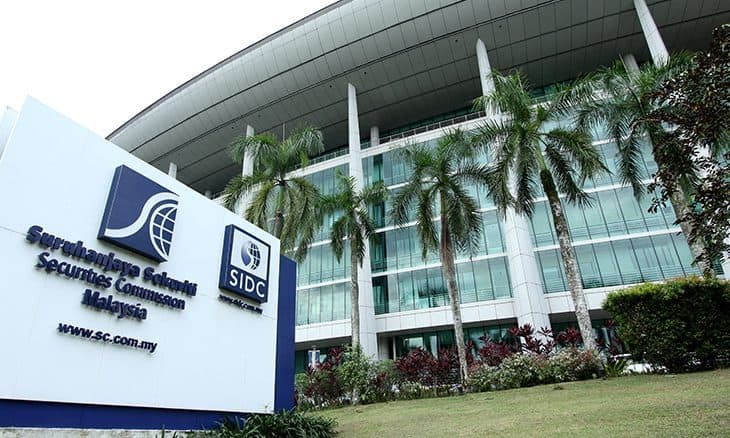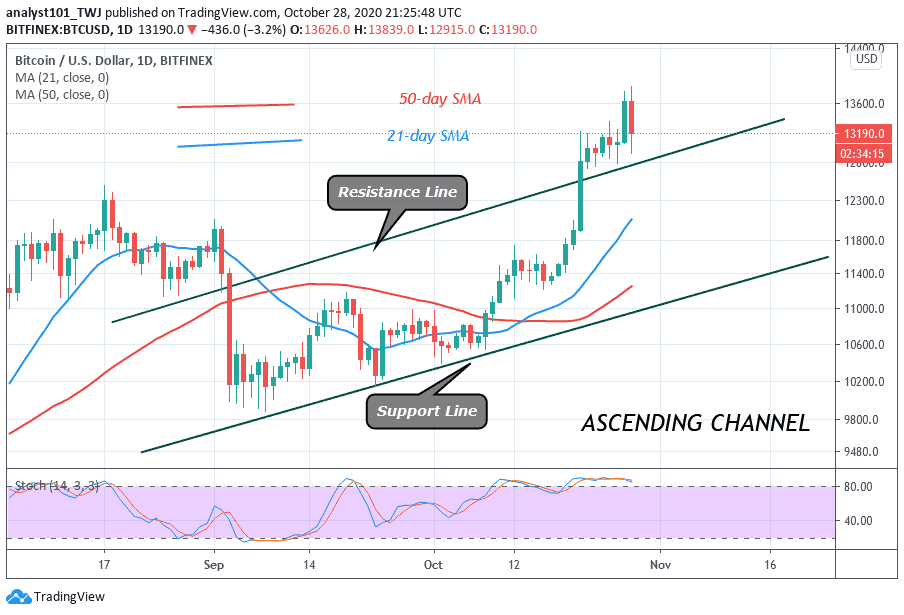Join Our Telegram channel to stay up to date on breaking news coverage
Malaysia’s government has continued refining its guidelines for cryptocurrencies and their operation within the country’s borders. With acceptance seemingly on the rise, the government has moved to create regulatory clarity for the assets.
Tightening Regulations Even More
Earlier this week, the Securities Commission of Malaysia (SCCM) published new guidelines governing digital assets. The policies, which take effect today, regulate just about almost every part of the industry – especially the operations of digital asset custodians and the process of issuing Initial Exchange Offerings (IEOs).
According to the SCM, the new rules aim to simultaneously promote innovation in the digital asset space and protect investors. They are updating the first regulatory guide for IEOs, which the agency published back in January. While the initial guidelines were set to come into force sometime towards the end of the year, it appears that the SCM decided to make some changes.
The new guidelines now require that all IEO platforms will have to conduct thorough due diligence on token issuers. Amongst the required information is identity verifications and a commitment of the issuer’s responsibility to comply with laid-out laws. As expected, the requirement aims to prevent terrorist financing and money laundering primarily.
The new rules also bring fresh restrictions to Initial Coin Offerings (ICOs). Going forward, these token offerings won’t be allowed to raise more than RM100 million (around $24.5 million). If the issuing firm needs more funds, they will be able to approach institutional or angel investors.
Besides, the guidelines confirm that any company looking to provide digital asset custody will be able to register with the SCM. Applications for both custody services and IEOs are now open. However, while the SCM is hoping to improve regulation, it took time to note that digital currencies are still not recognized as a form of payment or legal tender. Thus, Bank Negara Malaysia, the country’s central bank, is yet to oversee its operation.
Shariah Law Opens to Cryptocurrencies
The new guidelines are coming barely a month after Dr. Modh Daud Bakar, the chairman of the Shariah Advisory Council at the Securities Commission Malaysia, praised digital assets for having potential as investment vehicles. Speaking at the SCxSC Fintech Conference 2020 in Kuala Lumpur, Bakar explained that although imperfect, digital assets hold significant benefits for the Malaysian people.
The Shariah Advisory Council is a significant financial authority in Malaysia. With about three-fifths of the country reportedly Muslim, it holds considerable sway concerning a substantial number of people’s investment activities.
Bakar pointed out in his speech that only two percent of Malaysians are aware of cryptocurrencies. He also explained that they could be viewed as securities, as long as other “ribawi items” don’t back them. (Ribawi items are assets sold through weights and measures – like silver and gold)
In July, Securities Commission chairman Datuk Syed Zaid Albar also said in an announcement that Shariah law permits cryptocurrency trading, and that people should be free to engage in the activity.
Join Our Telegram channel to stay up to date on breaking news coverage


